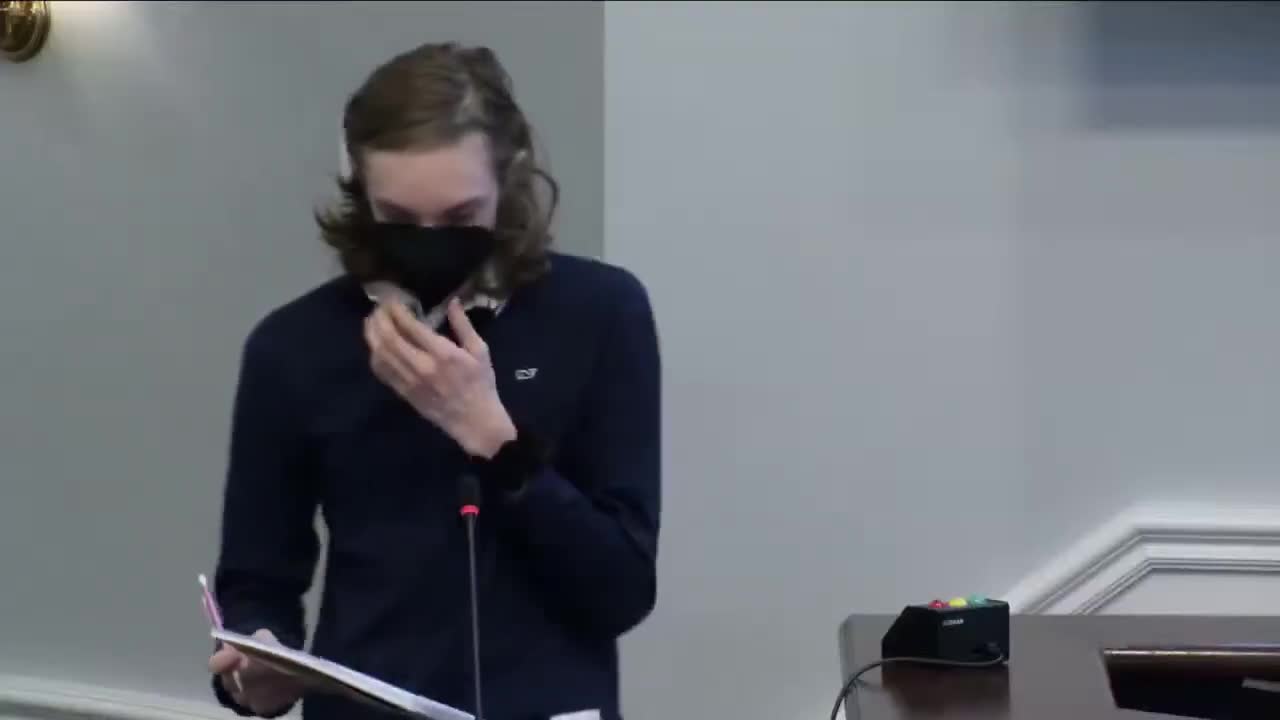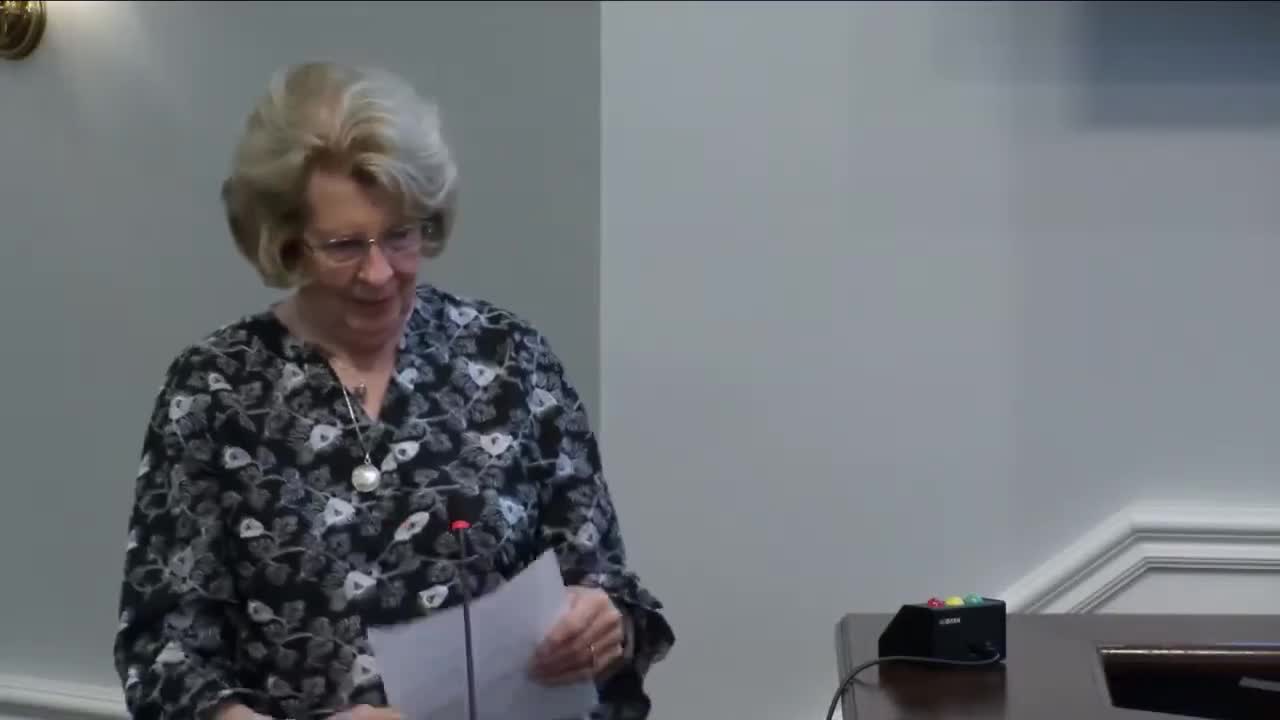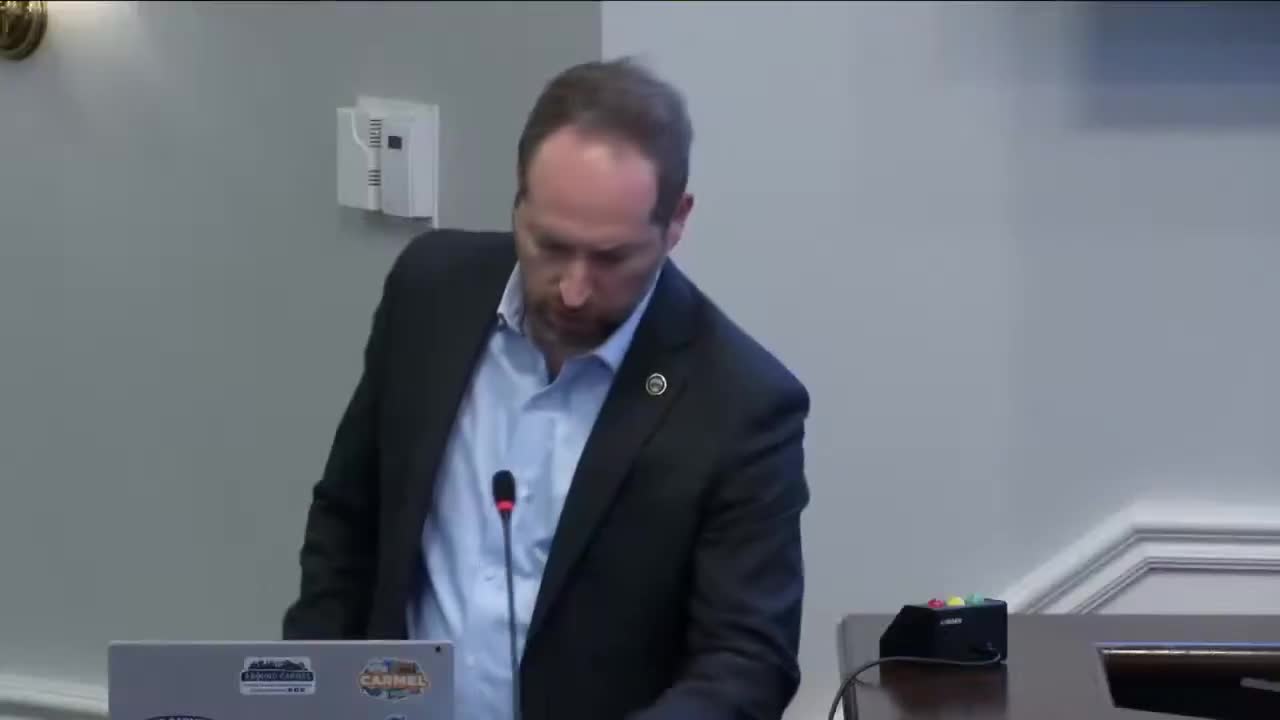Article not found
This article is no longer available. But don't worry—we've gathered other articles that discuss the same topic.

Cyclist and trail advocates urge design changes for Monon and multiuse paths; council hears suggestions

Resident urges removal of DORA sidewalk signs placed on residential streets

Council advances North End Phase 2 TIF bond; redevelopment projects and Republic headquarters update

